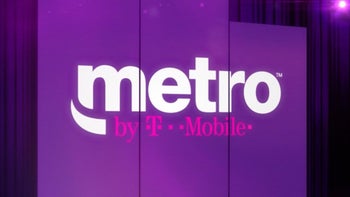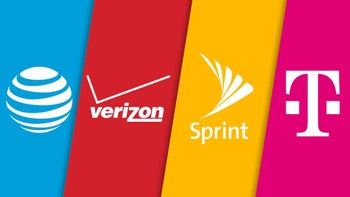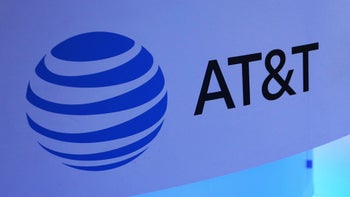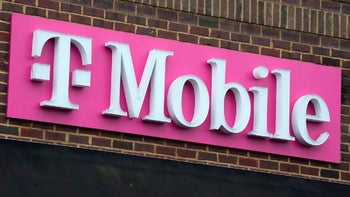Report claims that T-Mobile has laid off some employees just weeks from the finish line

Now that its merger with Sprint is on the road to a possible April 1st close, a trio of sources with "inside" knowledge of T-Mobile claim that the carrier has laid off a number of employees. LightReading cites these three sources in a report that says a number of Metro by T-Mobile workers have been given pink slips. In a reverse-merger structure, the much smaller prepaid wireless provider bought T-Mobile in 2013. In 2018, the current Metro by T-Mobile name replaced the company's old MetroPCS moniker.
The only thing holding up the closing of the T-Mobile-Sprint merger right now is final approval from the California Public Utility Commission. Once the ink dries on that merger agreement, Sprint and Dish Network will close on their deal that is designed to make the latter a viable replacement for Sprint. Dish will pay $5 billion for all of Sprint's prepaid businesses including Boost Mobile, 9.7 million customers, 7,500 retail locations, 14MHz of 800MHz spectrum, and 400 employees. The satellite television content provider will then sign a seven-year MVNO deal with T-Mobile that will allow it to sell wireless service to consumers under the Dish name while it builds a 5G network.
With Sprint selling its prepaid businesses to Boost, Metro remains important to the New T-Mobile
One of the promises that T-Mobile made to get the merger approved by regulators was that the merged company would not reduce the aggregate number of employees working for the two wireless providers. However, T-Mobile does have the right to eliminate duplicate positions so that the surviving company can benefit from the post-merger synergy. Keep in mind, however, that this transaction is not your parent's Sprint-T-Mobile merger. The proposed 2014 merger between the two firms came at a time when Sprint was considered to be the better company and the plan was to use the merger to build a larger organization that might be able to compete better against Verizon and AT&T.

Outgoing T-Mobile CEO John Legere has said that the merger with Sprint will be jobs-positive from day one
It only requires some common sense to see that this is not the case now. If you're T-Mobile CEO John Legere and your company is now the fastest-growing and most innovative of the four U.S. majors, do you really want to wear a two-ton anchor around your neck? Of course not; the real reason why T-Mobile is acquiring Sprint is for the latter's hoard of 2.5GHz mid-band spectrum. Such airwaves are so hard to find in the states that the FCC is going to auction some off at the end of this year. T-Mobile has been licking its chops at the prospect of combining its 600MHz low-band spectrum and its ultra-high band mmWave spectrum with Sprint's mid-band holdings. This will enhance the wireless provider's current nationwide 5G network. It also will allow T-Mobile to offer 5G service to rural Americans and help it launch the Connecting Heroes Initiative. This plan gives first responders free unlimited talk, text, and data with first priority on the network. More importantly, over a decade police, fire, and other agencies will save $7.7 billion; that money could be spent to upgrade equipment, add personnel, and offer pay raises.
Since Sprint is selling off its prepaid businesses to Dish, keeping Metro is important to T-Mobile. At the time that the PCS was cut from Metro's old name in 2018, the prepaid provider had 18 million customers and 10,000 branded retail locations.
Just four months after the T-Mobile-Sprint merger was announced, the Communication Workers of America (CWA) told the FCC that the merger would cost more than 28,000 people their jobs. Last April, T-Mobile CEO John Legere said that the merger would be "jobs-positive" from the first day. The outspoken executive stated, "This merger is all about creating new, high-quality, high-paying jobs, and the New T-Mobile will be jobs-positive from Day One and every day thereafter. That’s not just a promise. That’s not just a commitment. It’s a fact. To achieve what we’re setting out to do – become the supercharged Un-carrier that delivers new value, ignites competition and delivers nationwide real 5G for All – the New T-Mobile will provide an amazing and compelling set of services for consumers. There is no doubt that growth will result from that. If we build it, they will come."













Things that are NOT allowed: